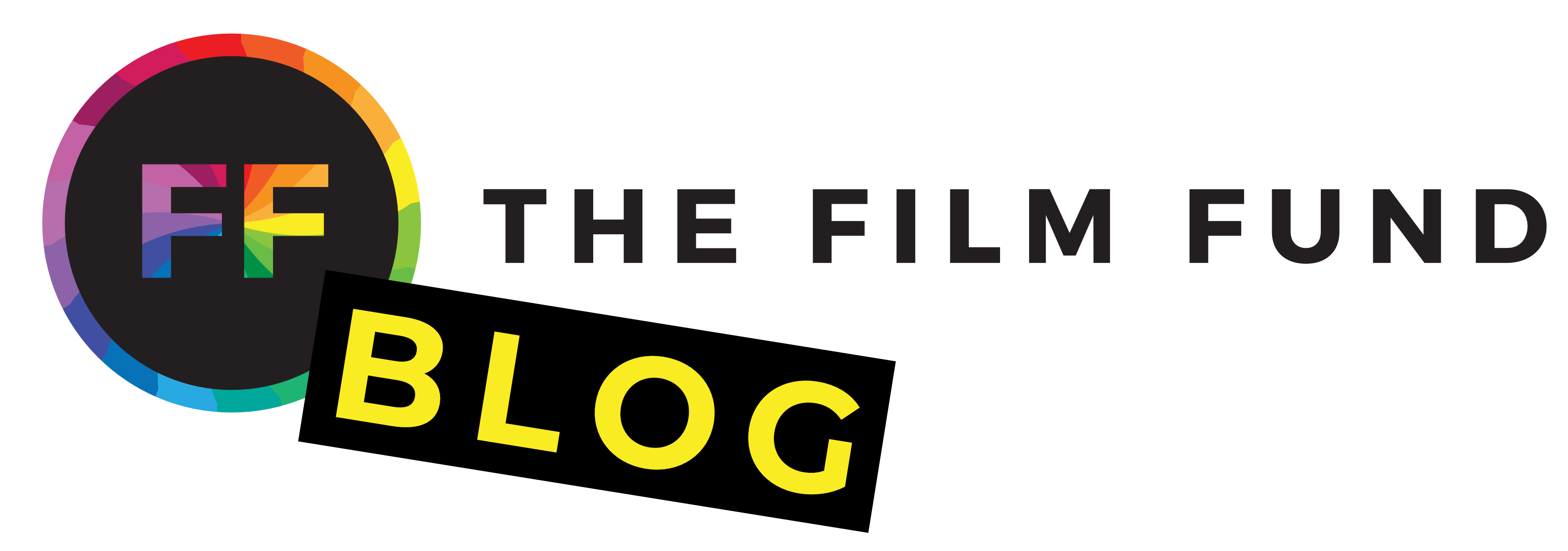Freelance filmmakers have long been struggling to get film investors involved in their movie production. As a result, indie filmmakers are left struggling to get investors involved in their products, while big box office films have insane budgets galore.
Luckily, there are ways that you can save a little bit of money, whether you are a big-name producer or freelance filmmaker. Most notably, there are ways that you can write off your expenses so that your overall tax bill is lowered. With tax deductions, all filmmakers get to write off business expenses come tax season.

About Section 181
One of the more prominent write-offs relating to American filmmaking is section 181. Section 181 allows a movie producer to write off the first $15 million invested whenever it is filmed or produced within the US during the first year the money is spent.
What makes section 181 so valuable is that it allows high bracket investors to put $1,000,000 into production, allowing them to recoup $350,000 during tax season. Even big movies, like Alec Baldwin new movie Rust, use section 181 for funding.
Controversy Surrounding Section 181
Although section 181 is great for filmmakers, there is still controversy surrounding it. For starters, some producers worry that section 181 will encourage inexperienced filmmakers to get more involved in the movie production process, resulting in more accidents and mishaps on set. Despite the current fiasco on Rust, there are no statistics that show section 181 posing a higher risk to the movie set.
Another controversial debate about section 181 is how lucrative it is for investors. For investors to really get a profit on their money, they must borrow a portion of the investment, essentially taking a gamble on whether or not the movie will be successful.

What Tax Deductions Mean For You as a Freelance Filmmaker
Although section 181 is great for big-budget movies, it doesn’t so much apply to many freelance filmmakers. After all, most freelance filmmakers are dealing with much smaller budgets that don’t warrant millions of dollars in donations.
Still, there are ways that you can utilize tax write-offs as a freelance filmmaker. As a freelance filmmaker, you are essentially your own business. Because of this fact, it is your responsibility to monitor your income and tax liability.
In order to reduce your tax bill as much as possible, track all deductions that are eligible for tax write-offs. Different equipment and tools used to produce your film can take a portion off of your taxable income. For example, software, travel costs, office supplies, equipment for work, and subscriptions can all be deducted from your taxable income.
Although tax deductions will not cover all or even most of your taxes, it will at least help you save some money. After all, why would you not take advantage of deductions if they are available to you?
If you need help figuring out which items are tax-deductible, you can contact a certified public accountant or tax advisor. In the meantime, track all your incomes and expenses, and don’t throw away your receipts.





Good information, thank you!
You’re very welcome!
Great info. Thank you! Will ask my CPA, but curious if contest entries fall into valid expenses…
Glad you found it useful! We definitely recommend checking with your CPA to be sure, but we would think they should.